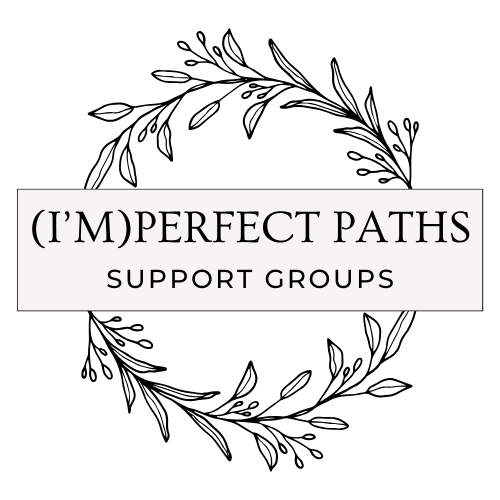Discernment
This group is meant to facilitate discussion and meaningful conversations. The information below is derived from this week's Discernment Outline.
Topic: Discernment
Overview: The role of discernment is essential for making more thoughtful decisions, setting healthier boundaries, and understanding the connections we form with others. It enables us to evaluate situations and relationships with clarity. For instance, discernment can help us recognize when a friendship or romantic relationship feels one-sided or when someone’s actions become overly controlling. This awareness allows us to set boundaries that protect our emotional well-being while addressing the situation with kindness. Cultivating discernment empowers us to navigate complex relationships with insight and compassion, balancing the need for boundaries with the ability to extend grace. By developing this skill, we can approach life with greater intentionality and confidence.
Verse: Proverbs 3:21 (NIV) - "My son, do not let wisdom and understanding out of your sight, preserve sound judgment and discretion."
Scriptural Application: This verse highlights the importance of wisdom and sound judgment, which play a vital role in building healthier relationships. Our discussion explores how being intentional about evaluating our connections helps us align them with our values and well-being. Discernment allows us to recognize when something feels off and gives us the clarity, kindness, and courage needed to respond thoughtfully. By practicing wisdom and discretion, we can set meaningful boundaries, avoid unnecessary hurt, and foster relationships rooted in respect, honesty, and mutual understanding.
10 Practical Ways to Cultivate Discernment in Relationships
Take time to reflect before responding, especially in emotionally charged situations.
Pay attention to what others are saying and how they behave, not just their words.
Know your limits and communicate them calmly and confidently.
Pay attention to your gut feelings and use them as a guide for deeper reflection.
Notice if someone’s actions align with their words over time.
Recognize unhealthy behaviors like manipulation, dishonesty, or disrespect.
Talk to trusted friends, mentors, or advisors when facing difficult decisions.
Use lessons from previous relationships to inform your current decisions.
Understand your needs, values, and triggers to avoid projecting onto others.
Take time to seek guidance and clarity when facing relational challenges.
Activity: Practicing Discernment in Relationships
Scenario: You’re in a friendship or romantic relationship where the other person often says they value you but consistently acts in ways that leave you feeling unsupported or disrespected. You’re unsure if this is a temporary issue or a pattern that requires addressing.
Discussion: How can discernment help you evaluate whether this behavior is a passing challenge or part of a deeper pattern? What questions could you ask yourself to better understand whether the relationship aligns with your values and well-being?
Approach: Reflect on the consistency between their words and actions over time. Consider how the relationship impacts your emotional health and whether it aligns with your values. Decide whether to communicate your concerns, set boundaries, or step back, using discernment to guide your actions with wisdom and kindness
Closing: It’s important to reflect on how discernment isn’t just about evaluating others, it’s also about understanding ourselves. The ability to make thoughtful choices in relationships often starts with recognizing our own needs, values, and emotional patterns. Discernment helps us uncover not only the truth in our connections but also areas where we might need growth or healing. By combining self-awareness with careful reflection on others’ actions, we can approach relationships with a balance of grace and courage.
To share in this discussion, please join our Facebook page.
Let's connect on Instagram.
Join Us Next Week >>>
